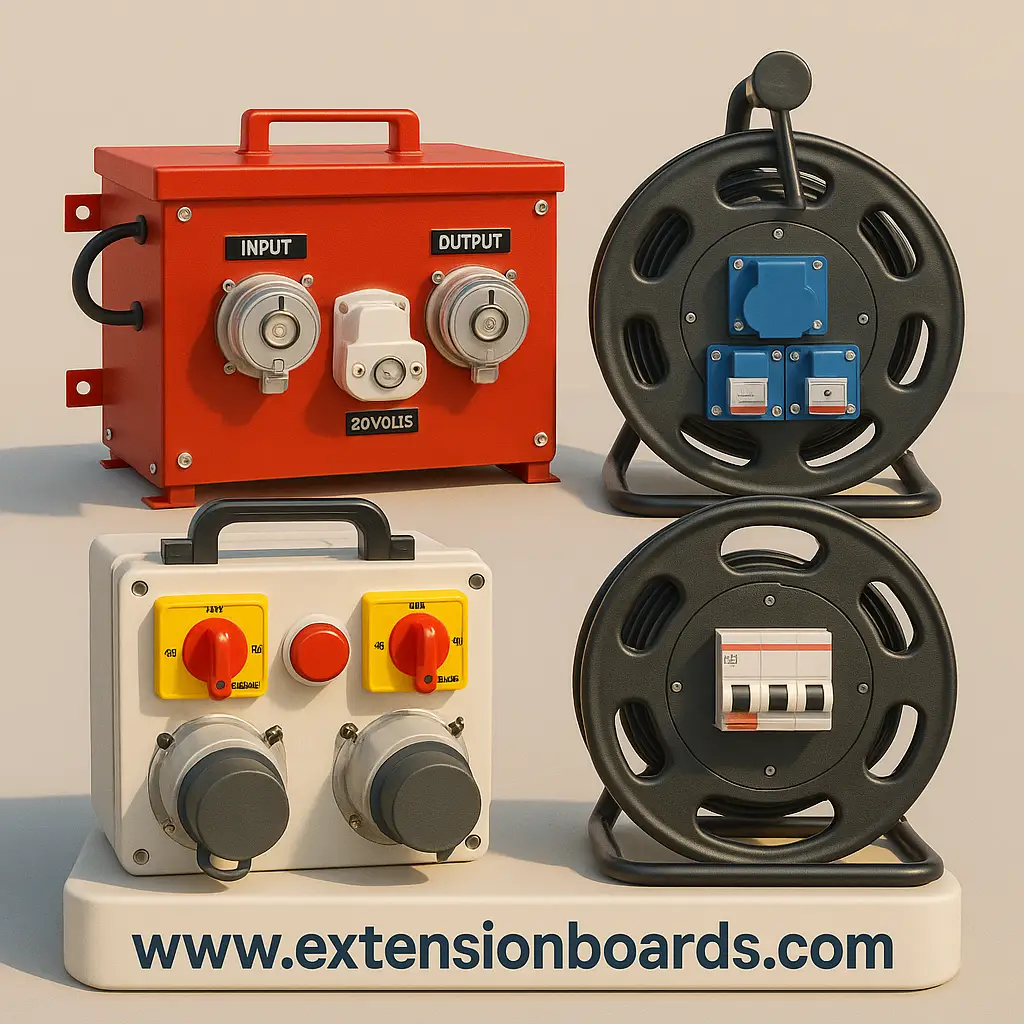How to Choose the Right Industrial Extension Board for Your Plant or Project
✅ How to Choose the Right Industrial Extension Board for Your Plant or Project In

Control transformers are low-voltage isolation transformers that supply stable, reduced voltage (like 24 V AC) to control devices—relays, contactors, timers or lighting circuits. They deliver consistent output despite input fluctuations and manage inrush current from coil-type loads .
Example: Your load total is 150 VA sealed, 300 VA inrush, resulting in selection VA approx 335 VA—use a 400 VA transformer to ensure safe margin.
Choose based on installation environment:
To safeguard the primary side and transformer:
| VA Rating | Use Cases |
|---|---|
| 100–300 VA | Small indicator & lighting circuits |
| 400–800 VA | Multiple relays/larger lighting loads |
| 1–2 kVA | Complex control panels or lighting banks |
| >2 kVA (3–5 kVA) | Large industrial applications |
| Open-frame preferred for <1 kVA; encapsulated units from 1 kVA upward Amazon+3Idea Digital Content+3DigiKey TechForum+3DigiKey TechForum+2peacosupport.com+2ATO+2Elliott Electric Supply+2TEMCo Industrial+2AWC, Inc.+2linkwellelectrics.com+1Chint Global+1goswitchgear.com. |
✅ How to Choose the Right Industrial Extension Board for Your Plant or Project In
Blog Title: “How to Choose the Right Industrial Extension Board for Your Plant or Project”
Summary:Educational post on protection devices for incoming supply. Target Keywords:RCBO vs MCB, electrical board protection,